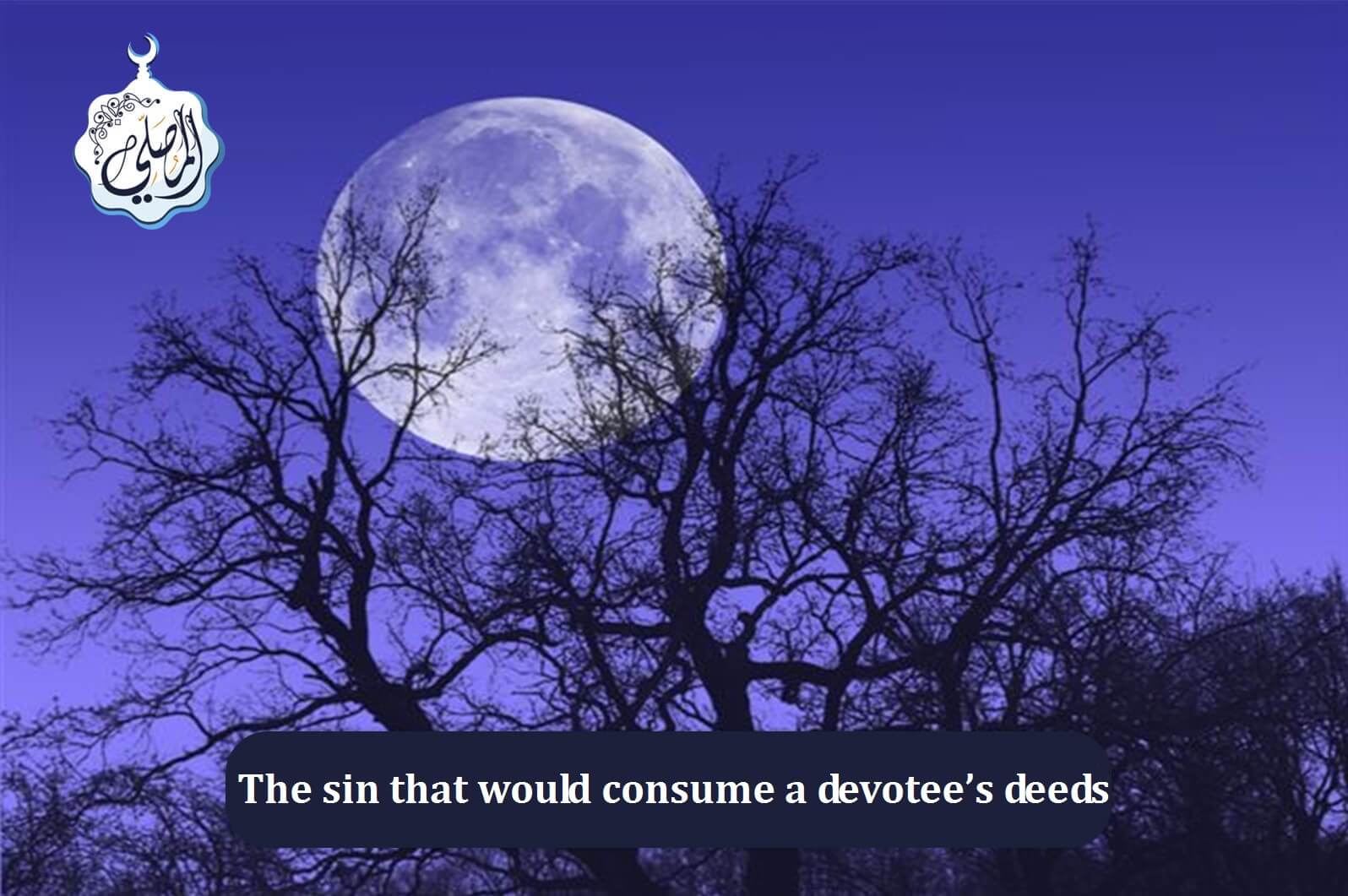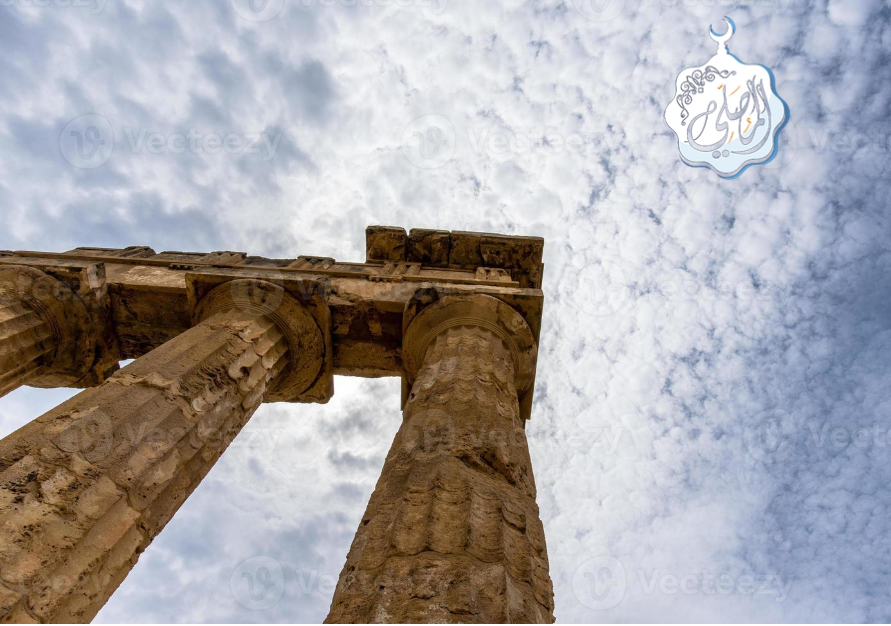
The first ten nights of Dhul Hijjah are among the most virtuous days of the Islamic calendar. They are a time for increased worship, reflection, and spiritual growth. At the heart of these special days lies the remarkable story of Prophet Ibrahim (Abraham) and his unwavering willingness to sacrifice for Allah. This story not only exemplifies the essence of obedience and devotion but also offers timeless lessons that are especially relevant as we seek to draw closer to Allah during these blessed days.
The Story of Prophet Ibrahim and Sacrifice
Prophet Ibrahim’s story is a cornerstone of Islamic faith and is vividly narrated in the Qur'an and Hadith. Allah tested Ibrahim’s faith by commanding him to sacrifice his beloved son, Isma'il (peace be upon him). Ibrahim, with his heart full of trust and obedience, prepared to fulfill this divine command. While in the act of sacrifice, Allah intervened and substituted a ram in place of Isma'il, rewarding Ibrahim’s unwavering faith and submission.
This act of sacrifice demonstrated ultimate obedience, trusting Allah’s wisdom even in the face of hardship, and showcasing a profound level of devotion.
Lessons from Ibrahim’s Sacrifice
As we are in the first ten nights of Dhul Hijjah, the time when Allah’s mercy and blessings are most abundant, the story of Ibrahim teaches us invaluable lessons:
1. Absolute Obedience to Allah
Ibrahim’s willingness to sacrifice his son, purely out of obedience to Allah’s command, exemplifies the highest form of submission. As Muslims, we are reminded that true faith involves surrendering our desires and all that is dear to us for the pleasure of Allah. During these days, we should reflect on submitting to Allah’s commands with sincerity and eagerness.
2. Trust in Allah’s Wisdom and Mercy
Despite the difficulty of the command, Ibrahim trusted that Allah’s wisdom was greater than his own understanding. When tested, he remained patient and relied on Allah’s mercy. This teaches us to trust Allah’s plans, especially during hardships, and to believe that whatever Allah decrees is for our ultimate good.
3. The Spirit of Sacrifice
Sacrifice in Islam extends beyond animal offerings. It involves giving up our comfort, wealth, time, and even personal desires for Allah’s sake. In these blessed days, increasing acts of charity, helping others, and sacrificing personal gain align with Ibrahim’s spirit of sacrifice.
4. Devotion and Love for Allah
Ibrahim’s story highlights the deep love and devotion a believer should have for Allah. Our sacrifices should stem from genuine love and gratitude, recognizing that everything we have is a blessing from Allah, and our duty is to serve Him wholeheartedly.
5. Preparation for Eid al-Adha
The act of sacrifice during these days is a reminder of Ibrahim’s devotion. It teaches us the importance of sincere intention, proper conduct, and sharing blessings with the poor and needy during Eid al-Adha. This act of charity fosters compassion and community unity.
Conclusion
The story of Prophet Ibrahim and his willingness to sacrifice his most beloved possession is a powerful lesson of obedience, trust, and devotion. As we navigate the first ten nights of Dhul Hijjah, let us draw inspiration from Ibrahim’s unwavering faith and embody the spirit of sacrifice in our own lives.
May these days serve as an opportunity to renew our commitment to Allah, increase our acts of worship and charity, and deepen our love and obedience. Let us reflect on Ibrahim’s example and strive to be steadfast in faith, trusting Allah’s plan and demonstrating our love for Him through sincere sacrifices.
May Allah accept our worship, forgive our sins, and bless us during these blessed days and beyond.










 share facebook
share facebook share whatsApp
share whatsApp share twitter
share twitter share telegram
share telegram copy
copy







